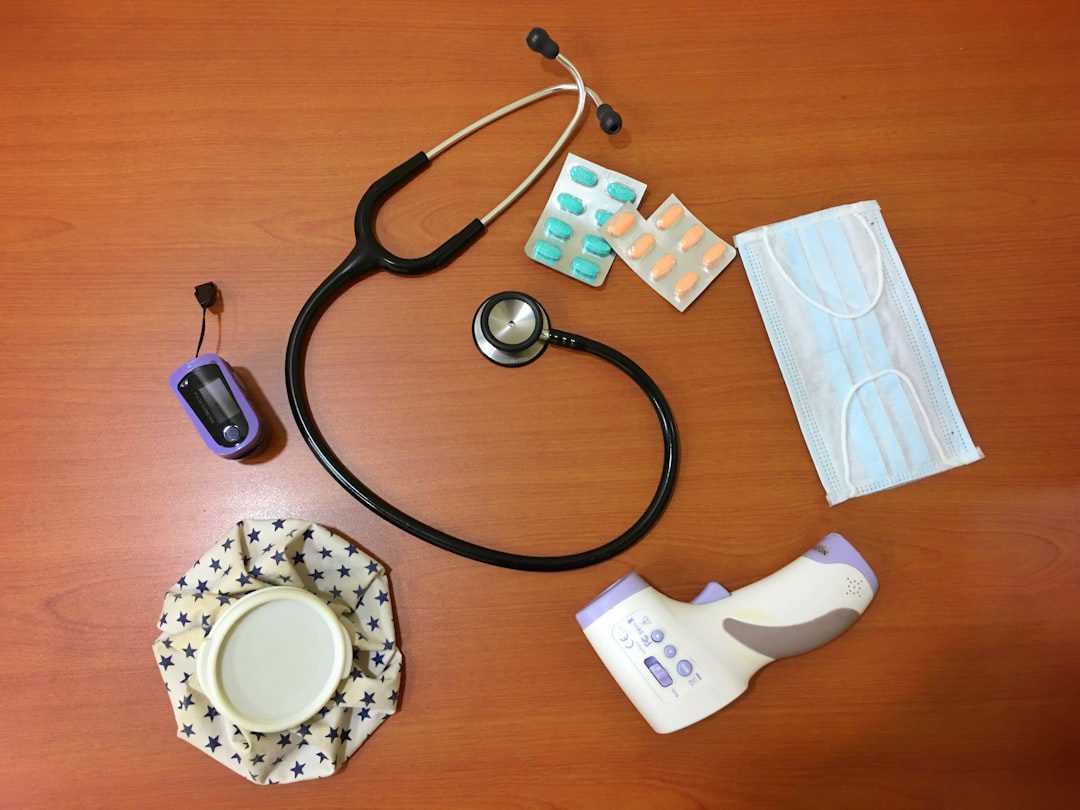
FDA Issues Updated Alert on Olympus Endoscope Accessories Safety Issue
The FDA has issued an updated alert regarding a safety issue with Olympus endoscope accessories, specifically involving forceps and irrigation plug components. This communication represents part of the FDA’s ongoing Communications Pilot to Enhance the Medical Device Recall Program, signaling the agency’s commitment to improving transparency and effectiveness in device safety communications.
Understanding the Safety Issue
While specific technical details of the forceps/irrigation plug issue are still emerging, this alert underscores critical vulnerabilities that can affect endoscopic procedures. Endoscope accessories are Class II medical devices that require rigorous quality controls due to their direct patient contact and critical role in diagnostic and therapeutic procedures.
The involvement of forceps and irrigation plugs suggests potential issues with:
- Component integrity during sterilization cycles
- Material compatibility with cleaning and disinfection agents
- Mechanical failure during clinical use
- Inadequate sealing mechanisms affecting device performance
Why This Matters for Medical Device Manufacturers
This updated alert carries significant implications beyond Olympus, serving as a critical case study for the entire medical device industry. The FDA’s decision to use this case as part of their Communications Pilot demonstrates the agency’s evolving approach to recall communications and post-market surveillance.
Key Compliance Implications:
Enhanced Reporting Requirements: The Communications Pilot indicates manufacturers should expect more detailed and frequent safety communications. This means your post-market surveillance systems must be robust enough to support enhanced reporting cadences.
Supply Chain Accountability: Endoscope accessories often involve complex supply chains with multiple component suppliers. This case highlights the need for comprehensive supplier qualification and ongoing monitoring programs under ISO 13485 requirements.
Risk Management Reassessment: Per ISO 14971, manufacturers must continuously evaluate post-production information. This alert should prompt a review of similar accessories in your portfolio, particularly those involving sealing mechanisms or sterilization compatibility.
Immediate Action Items for Compliance Teams
Medical device manufacturers should take the following steps to ensure continued compliance and patient safety:
- Review Similar Products: Conduct an immediate assessment of any endoscope accessories or similar reusable devices in your portfolio. Focus on components that interface with irrigation systems or require complex sealing mechanisms.
- Enhance Post-Market Surveillance: Strengthen your complaint handling and trend analysis procedures. The FDA’s Communications Pilot suggests increased scrutiny of how manufacturers identify and communicate safety issues.
- Update Risk Management Files: Per ISO 14971 Section 9 (Post-production information), incorporate learnings from this case into your risk management processes, particularly for reusable accessories.
- Supplier Verification: If you manufacture similar accessories, verify that your suppliers have adequate change control processes and that all materials maintain compatibility with approved cleaning and sterilization protocols.
Long-Term Strategic Considerations
The FDA’s Communications Pilot program represents a shift toward more proactive and transparent safety communications. Manufacturers should prepare for:
- More frequent safety updates during recall investigations
- Increased public visibility of safety issues
- Enhanced expectations for manufacturer responsiveness
- Potential expansion of pilot program learnings to other device categories
Conclusion
While this updated alert specifically addresses Olympus endoscope accessories, it serves as a critical reminder for all medical device manufacturers about the importance of robust post-market surveillance and proactive safety communication. The inclusion in the FDA’s Communications Pilot program signals that regulatory expectations continue to evolve toward greater transparency and manufacturer accountability.
Stay vigilant, review your similar products, and ensure your quality systems can support the FDA’s enhanced communication expectations. The cost of proactive compliance far outweighs the risks of reactive responses to safety issues.


No comments yet. Be the first to comment!